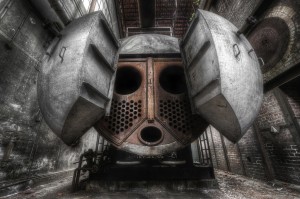 I was first introduced to Niki Feijen’s work via Amy Rollo who helps me with the Best Photo Locations pieces on my blog. I saw his stuff and, naturally, poked around to learn more about him. Ironically, one of my favorite parts of Niki’s backstory is that he’s not a professional photographer. He has a day job, and photographs his passion – urban exploring. And then something occurred to me: while it may be unconventional thinking, I believe deeply that pro photographers have a lot to learn from those who are not professional. Remember when your next photo wasn’t an “assignment” for a “client”? There’s something healthy about his. The following is Amy’s interview with Niki. The simplicity in approach is eloquent and noteworthy IMHO. Enjoy…
I was first introduced to Niki Feijen’s work via Amy Rollo who helps me with the Best Photo Locations pieces on my blog. I saw his stuff and, naturally, poked around to learn more about him. Ironically, one of my favorite parts of Niki’s backstory is that he’s not a professional photographer. He has a day job, and photographs his passion – urban exploring. And then something occurred to me: while it may be unconventional thinking, I believe deeply that pro photographers have a lot to learn from those who are not professional. Remember when your next photo wasn’t an “assignment” for a “client”? There’s something healthy about his. The following is Amy’s interview with Niki. The simplicity in approach is eloquent and noteworthy IMHO. Enjoy…
Amy Rollo: Every one of Niki Feijen’s intriguing shots could be featured ANY Best Photo Locations list. With Tim Burton-esque scenes, intrigue draws you into these realms, yet we’re all terrified of what we may find around the corner. He brings us on a tour of abandoned hospitals, mansions, and churches. At first glance many of his images seem filled with life, sunlight bouncing off of smooth surfaces. Upon closer inspection you notice the decay and rot in every corner. “Lonely” is certainly a word to describe some these settings, but that sense feels temporary. Like the family who lives here just went to the movies, but they forgot where they lived and their stuff has been waiting a few decades for their return. Naturally, I had to ask Niki what exactly makes him tick…
Amy Rollo: I understand that you’re not a professional photographer. Do you want to become one?
Niki Feijen: Well to be honest, I don’t think that my kind of photography could work out to be a full time job. If I want to become a professional photographer and do this full time I will need to step away of doing just urbex [urban exploring] photography. I will have to master other directions, too. I would have to take assignments and I think it would drive me further away from the whole urbex thing. Besides that, I have an awesome job which I love. In the meantime I can fully practice my crazy hobby. I’m currently in progress of assembling and publishing my very own book. I do not think I have the time and opportunity to do that if it were a full time job.
Why is photography important to you?
Photography is a way to handle my urge to be creative. Since its a hobby I can do whatever I want. I have all the freedom in the world since I do not need to be here or there. I can make a crazy surrealistic shot or show the eeriness of an abandoned hospital. The tension and excitement of urban exploring is also a big fun factor. The rush you get when finding an entrance into a building that has been left behind for 20 years and is in a perfect condition is priceless.
What makes photography art?
Every photographer has their own creative vision. Every photo tells a story just like a piece of artwork. If I can capture a scene and I can transfer the atmosphere of that scene to an audience, I have succeeded. If I can move the audience with my photographs and trigger their emotions, I think that is art.
Talk to me about photo gear, your perception, and your approach
Technology goes so fast right now and there is still the big Nikon / Canon which-one-is-better “war” going on. I don’t think that there are any bad cameras anymore. It’s still the photographer that needs to make the photo and it really doesn’t make that much of a difference with what brand you use. I am very happy with my Nikon D800, but if i did not have all the Nikon lenses I could just as well have taken the Canon 5D Mark III. I truly believe that mirrorless cameras will have the future though. The flipping mirror is from the 20th century and it is time to move beyond that. The mirrorless camera already has a lot of advantages. Look at the FPS rate for example. Already they shoot more than 50 frames a second and the whole thing fits in your pocket. In a few years they will have larger sensors and the mirrorless camera will be mainstream. In 10 years we will buy a bulky retro DSLR on ebay to put on display.
Who or what influenced you to become a photographer?
I have been photographing since I was a kid. Fascinated by the shots of the World Press photo and National Geographic photographers like James Standfield. I wanted to be like them. When I got my first camera I tried many different directions like concerts, landscape, portraits etc. Many years later i discovered urbex photographty and nothing appealed to me more as that. Trey Ratcliff introduced me to HDR and when I discovered the combination of urban exploring and HDR by the works of Andre Govia, I was hooked. Even today there are a lot of photographers that inspire me. Lee Jeffries for example is a master in black and white portraits. No one can transfer the emotion and pain of a person as well as he can.
What makes a good photographer?
I don’t think you can define “good photographer”. What is extremely good for one person can be the exact opposite for somebody else. It’s the same thing as Art.
Check out more of Niki’s work on his website and follow him on Facebook.


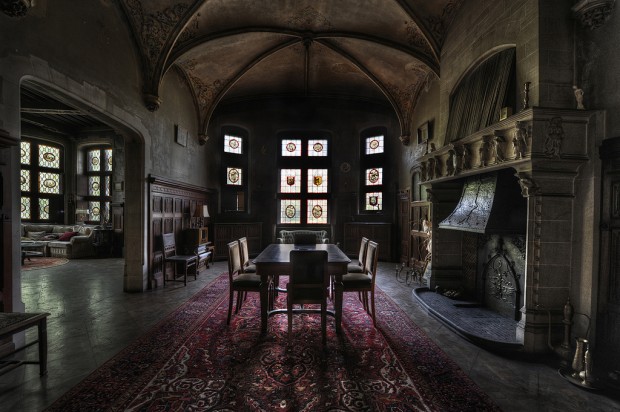
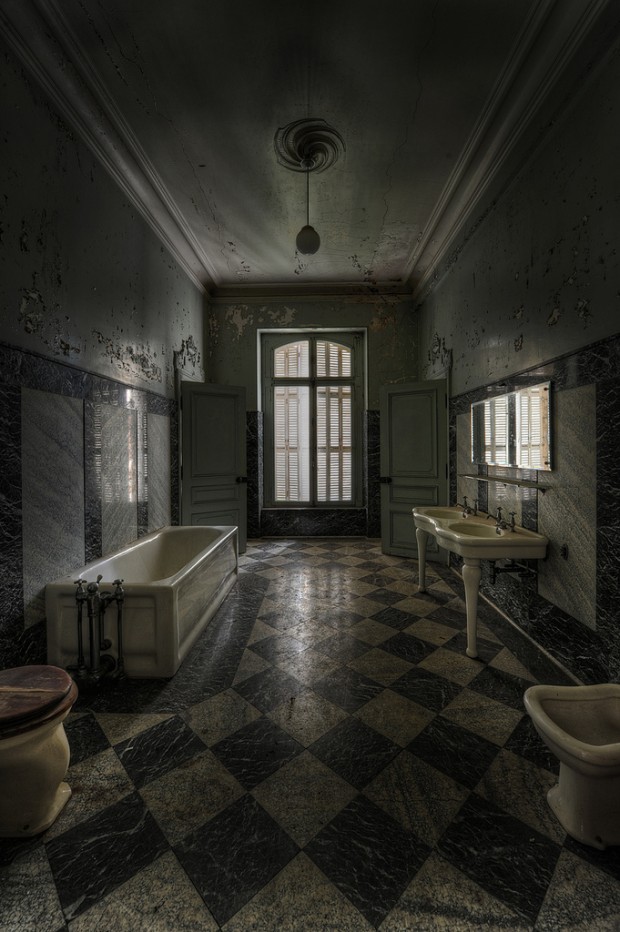
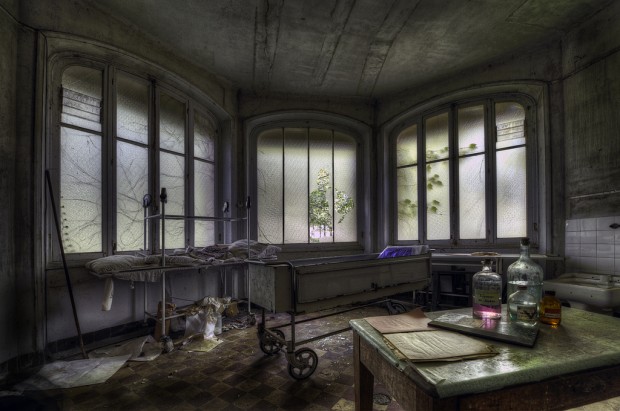
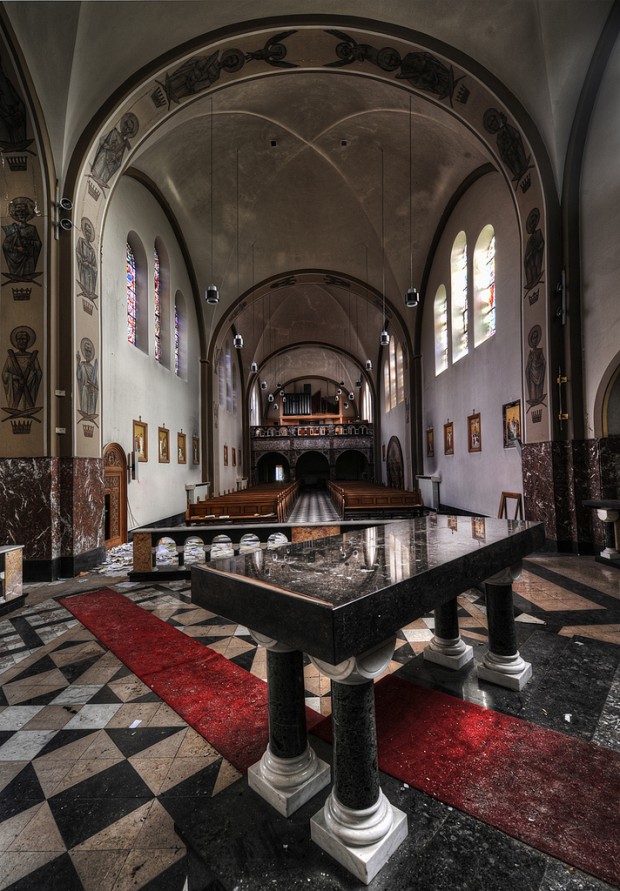
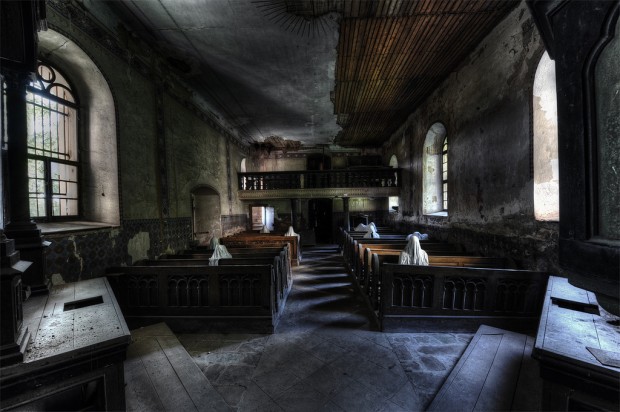
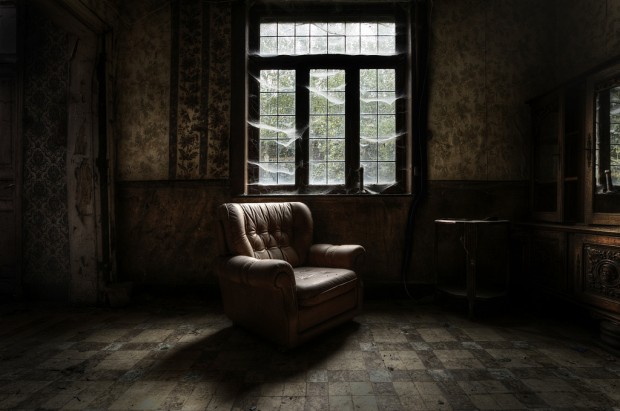
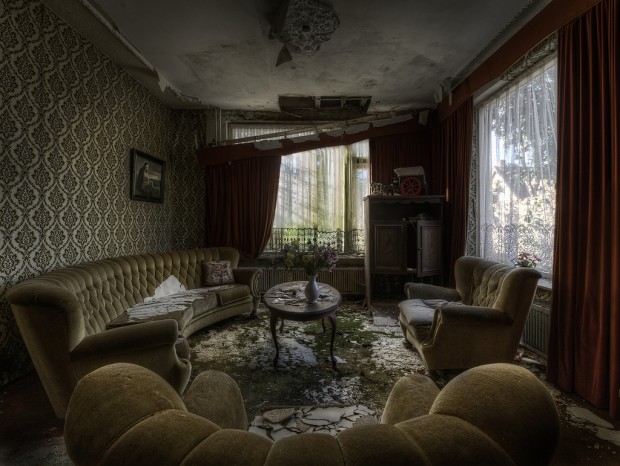
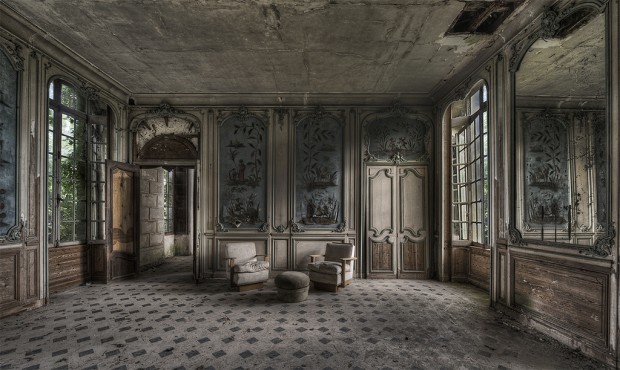
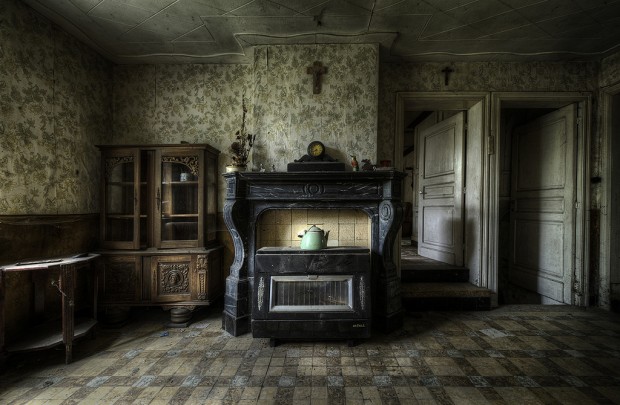
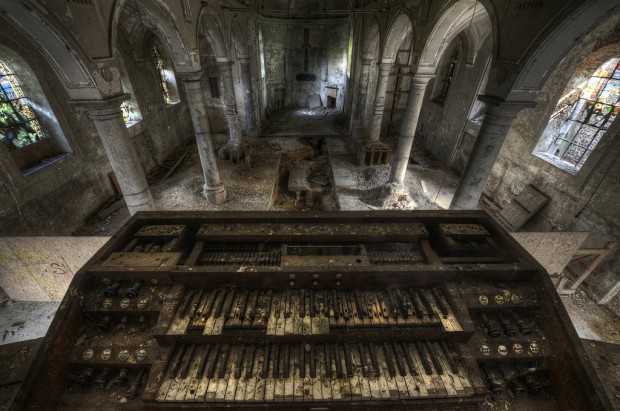

















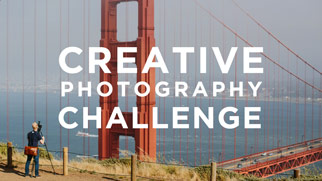
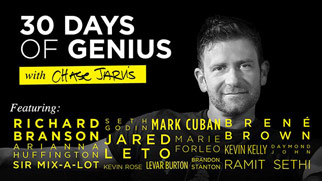
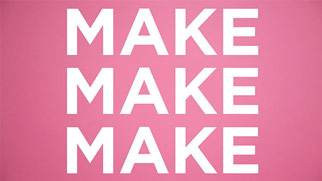



I’m truly honored to be featured here ! Thank you very much for the interview and for the avalanche of friend request and likes on Facebook !
Niki
Wonderful imagery. There is a true feeling of experimentation that has lead to quite painterly images.
Very cool shots and ditto interview.
Great interview.